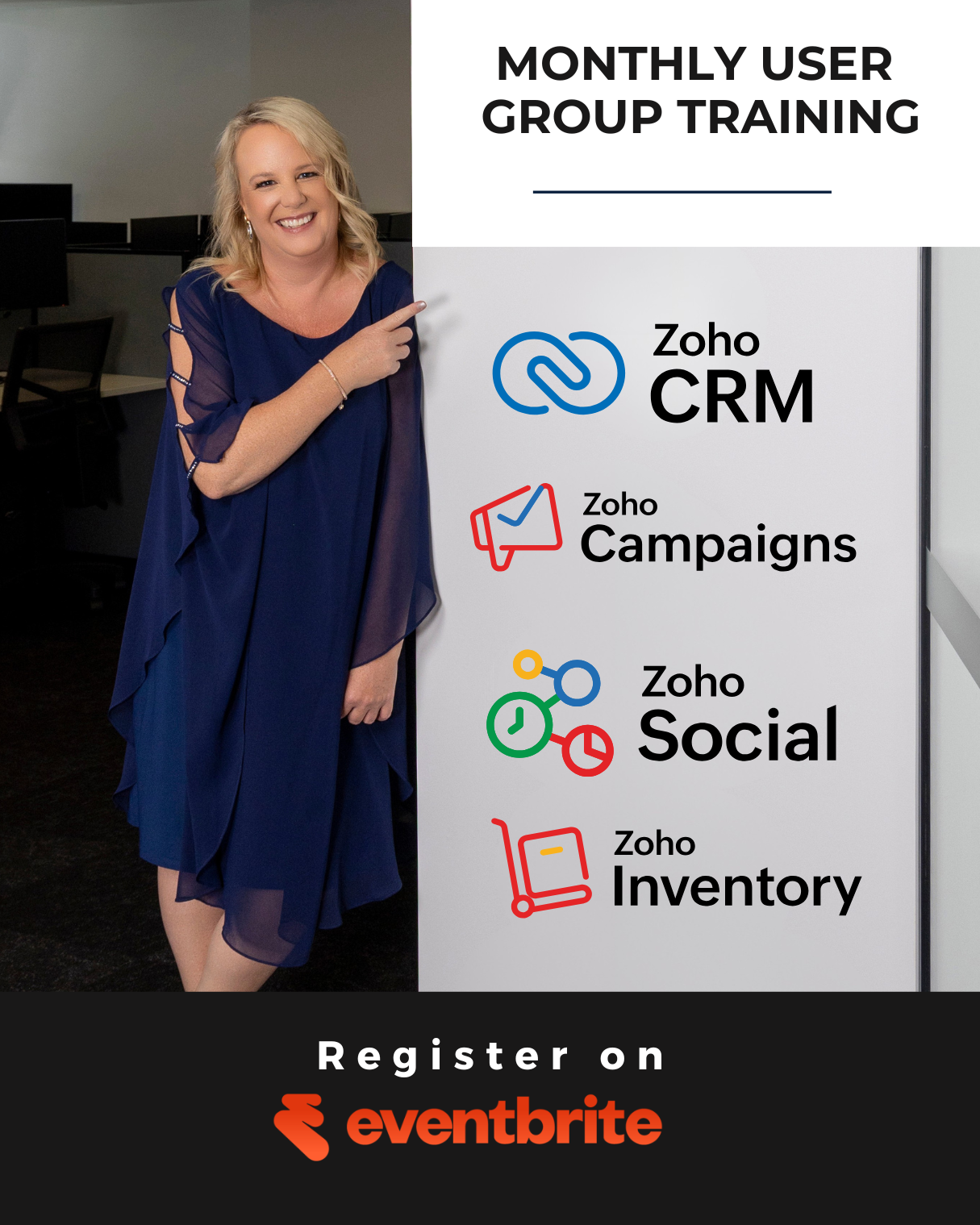Dynamic Digital Solutions
Contact Info
- 508/55 Plaza Parade, Maroochydore, 4558
- 1800 959 451
- [email protected]
Single Blog
- Home
- Zoho CRM vs. HubSpot: Expert Advice from Zoho Partners
Help Links
Zoho Q&A
Contact Information
Address: Kontiki, Tower 1, 508/55 Plaza Parade, Maroochydore
Phone: 1800 959 451
Email: [email protected] Website: dynamicdigitalsolutions.com.au
Latest Posts
- Where to Start with Zoho: Strategy Before Software
- Things to Consider When Choosing a Zoho Developer for Your Business
- Learn How to Customise Zoho Yourself
- Zoho Books vs. Xero: Expert Advice from Zoho Partners on Custom Solutions & Integrations
- Zoho CRM vs. HubSpot: Expert Advice from Zoho Partners
- Zoho CRM vs. Zoho Bigin
Copyright © Dynamic Digital Solutions. All rights reserved.




Zoho CRM vs. HubSpot: Expert Advice from Zoho Partners
Zoho CRM vs. HubSpot:
Why Zoho CRM is the ultimate choice for Customisation, Affordability, and Business Integration
When it comes to choosing a CRM for your business, two names often come up: Zoho CRM and HubSpot. Both platforms are widely popular, offering powerful features to manage customer relationships, automate sales processes, and enhance team collaboration. However, Zoho CRM stands out for its affordability, customisation capabilities, and the ability to manage your entire business with a unified solution. In this blog, we’ll explore why Zoho CRM offers more flexibility and value compared to HubSpot, especially for businesses looking to scale with a full suite of apps and real-time insights.
A Powerful Suite of Apps at an Affordable Price
One of the key advantages of Zoho CRM over HubSpot is its integration with the Zoho suite of apps, which provides a comprehensive solution at an affordable price. Zoho CRM integrates seamlessly with a variety of Zoho apps like Zoho Books, Zoho Inventory, Zoho Projects, and Zoho Finance, making it easy to manage all aspects of your business from a single platform. This interconnected ecosystem allows you to streamline processes, automate tasks, and improve team collaboration—all without the need for multiple separate tools.
While HubSpot offers a range of features in its CRM, it often requires you to purchase additional apps and integrations for a complete business solution. With Zoho CRM, you can manage your sales pipeline, customer service, marketing, and accounting, all within one platform—at a fraction of the cost. The ability to access a full suite of integrated apps makes Zoho CRM a more cost-effective and scalable option for businesses looking to grow.
Run Your Entire Business Using One Software Solution
Zoho CRM is more than just a tool for managing customer relationships; it’s a complete business management solution. By integrating with other Zoho apps like Zoho Books for accounting, Zoho Inventory for inventory management, and Zoho Projects for project management, Zoho CRM lets you run your entire business from one central hub.
With HubSpot, while it offers a solid CRM, you may need third-party tools or additional software to manage other aspects of your business, leading to fragmented systems and additional costs. In contrast, Zoho CRM provides a seamless experience where your teams—sales, marketing, customer support, and finance—can work collaboratively in one unified platform. This not only boosts productivity but also reduces the complexity of managing multiple systems.
Drag-and-Drop Features for Customisation
Another standout feature of Zoho CRM is its drag-and-drop functionality, which allows businesses to fully customise their CRM to fit the way they work. Zoho’s intuitive interface makes it easy to create and modify workflows, pipelines, and reports without needing to write any code. Whether you need to create custom fields, design personalised workflows, or automate specific processes, Zoho CRM’s flexibility ensures that you can tailor the system to your exact requirements.
Unlike HubSpot, which offers some customisation options, Zoho CRM takes it a step further by giving you the freedom to configure the CRM to your business’s unique needs. The ability to customise processes and automate repetitive tasks helps save time and reduces the likelihood of human error, allowing your team to focus on what really matters—building relationships with customers and growing the business.
Create a Blank Canvas and Build KPI Dashboards for Each Role
A powerful feature of Zoho CRM is the ability to create a blank canvas for your team, where you can build KPI dashboards tailored to each role within the company. Whether you’re managing sales performance, tracking customer service metrics, or analysing marketing efforts, Zoho CRM gives you the flexibility to create visual dashboards that display the most important key performance indicators (KPIs) for each department.
With Zoho CRM, you can create personalised dashboards for each team member, allowing them to see real-time data that is most relevant to their role. For example, your sales team can track lead conversion rates and deal progress, while your customer service team can monitor customer satisfaction scores and support ticket statuses. By customising dashboards for each role, you can ensure that every employee is focused on the metrics that drive business growth, improving productivity and accountability.
Real-Time Data at Your Fingertips—Display on Business TVs
In today’s fast-paced business environment, having access to real-time data is crucial for making informed decisions and staying ahead of the competition. Zoho CRM offers real-time reporting features that allow businesses to track performance metrics as they happen. The ability to generate up-to-the-minute reports means you can identify trends, adjust strategies, and take action quickly, which is essential for business agility.
What sets Zoho CRM apart from HubSpot is its ability to display this real-time data on business TVs or dashboards, making it readily available for your entire team. Whether you’re in a sales meeting, monitoring customer support performance, or keeping an eye on marketing results, you can display live data in your office for everyone to see. This not only promotes transparency but also encourages collaboration and fosters a data-driven culture within the company.
Conclusion
While both Zoho CRM and HubSpot offer excellent features for managing customer relationships, Zoho CRM excels in areas like customisation, affordability, and its ability to run an entire business using a single platform. With the powerful Zoho suite of apps, businesses can integrate their sales, marketing, finance, and support teams into one seamless workflow, reducing costs and improving efficiency.
Zoho CRM’s drag-and-drop features allow businesses to easily customise the CRM to fit their unique needs, while the ability to create KPI dashboards for each role ensures that every team member has access to the data they need to succeed. Plus, with real-time data that can be displayed on business TVs, Zoho CRM keeps your team connected and focused on what matters most.
For businesses looking for a comprehensive, customisable, and cost-effective CRM solution that can help them scale and succeed, Zoho CRM is the clear winner over HubSpot. By integrating with Zoho’s full suite of apps, businesses can streamline operations, improve collaboration, and make data-driven decisions that drive growth.
Categories
Recent Posts
Recent Comments
Archives
Categories
Recent Post
Zoho One vs G Suite: Which is
April 9, 2025Zoho Books vs. Xero: Expert Advice from
April 8, 2025Expert Zoho Consulting Services | Empowering Businesses
April 8, 2025Tags